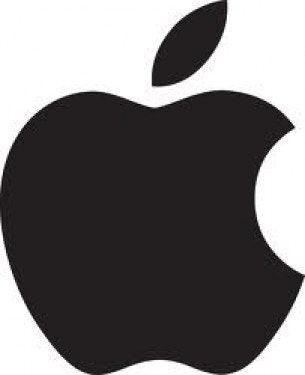Earnings reports released last week by two titans in mobile technology – Apple Inc. (NASDAQ:AAPL) and Samsung, have Wall Street and investors pondering whether the high-end mobile device market has reached its saturation point.

Slowing demand
Samsung stoked the slowing demand theory in their Q2 earnings report by warning investors to expect slower growth in its mobile unit. Despite a 9% rise in quarterly profit to 7.77 trillion won (~$6.96 billion), driven by their new flagship Galaxy S4 and Galaxy Note 8.0, Samsung blamed the anemic economic recovery in Europe and increased competition in smartphones as the key challenges.
Apple Inc. (NASDAQ:AAPL) surprised investors by shipping 31.2 million iPhones in Q3, versus analyst estimates of 26.5 million. Yet the street insists Apple Inc. (NASDAQ:AAPL)’s earnings showed obvious signs of slowing demand. The proof, they say, is the lower average unit price of iPhones in Q3, falling from $612 to $580. The speculation is fewer people are paying up for the premium priced iPhone 5, opting instead for the cheaper iPhone 4 and 4S.
Cheaper = More
The threat of saturation has the street clamoring for cheaper devices. The path to further growth, they say, is to sacrifice hardware margins in favor of increased cash flows from apps and services. A cheaper iPhone would presumably enable Apple Inc. (NASDAQ:AAPL) to grow market share, particularly in emerging markets where phones are not subsidized.
Although the total market for mobile devices is still growing rapidly, Apple’s iOS share is not growing as fast as Google Inc (NASDAQ:GOOG)’s Android share. Globally, Android claims 70% of the market, while iOS is far behind at 17%. The American market share is more evenly divided; 52% Android, 42% iOS, with Microsoft Corporation (NASDAQ:MSFT) Windows Phone a distant third at 4.6%.
But if the path to success is really via the apps ecosystem, then where does that leave Samsung and the Android device makers?
Crash of the clones
Google Inc (NASDAQ:GOOG)’s strategy here is simple; by giving Android away for free Google Inc (NASDAQ:GOOG) can dominate the mobile search and advertising market. With the barrier to entry so low and the target market so huge, competitors are jumping in triggering a price war as margins tumble.
This is eerily similar to the personal computer wars of the 80s that enabled Microsoft Corporation (NASDAQ:MSFT) Windows to dominate the desktop, driving Apple Inc. (NASDAQ:AAPL) to the brink of bankruptcy. At that time the nascent PC market was highly fragmented as clone PCs flooded into the market. Clone makers Compaq, Packard Bell and many garage startups made their mark and grew quickly by underselling IBM and Apple Inc. (NASDAQ:AAPL). But within a few years the weaker players were squeezed out or acquired. The same is destined to happen in the smartphone market.




